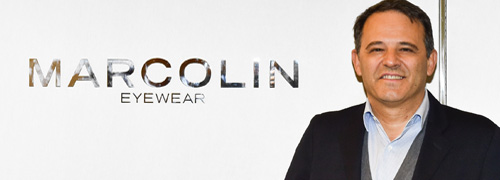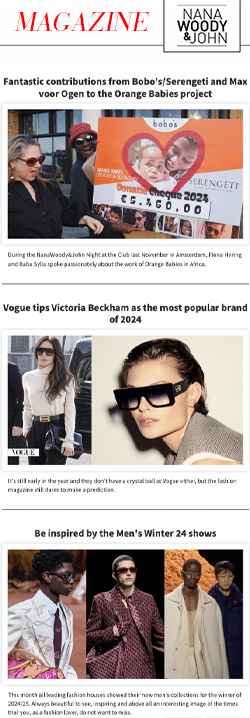
Giovanni Zoppas was jarenlang de CEO van Marcolin. Recent veranderde zijn rol bij de Italiaanse brillenfabrikant. Als Executive Vice Chairman is hij nog altijd nauw betrokken bij alle ontwikkelingen binnen het bedrijf. Daarnaast is hij nu CEO van Thélios, de joint venture van Marcolin met luxe concern en eigenaar van tal van luxe (mode)merken LVMH. Inmiddels heeft die nieuwe joint venture succesvol de merken Celine en Fred geïntroduceerd. Kenzo en Loewe zullen volgen net als bijvoorbeeld TAG Heuer. In Italië is dit voorjaar een compleet nieuwe fabriek geopend die exclusief voor de LVMH merken zal gaan produceren. In de meeste landen is Thélios een volledig aparte operatie. In de Benelux is Isabelle Moes van Marcolin echter ook verantwoordelijk voor de verkoop en aftersales van de Thélios merken. Vision-Today sprak exclusief met Giovanni Zoppas over Thélios en zijn visie op alle ontwikkelingen in de optiek.
Vision-Today (VT): Should we consider Thélios as LVMH’s answer to Kering’s Eyewear Division?
Giovanni Zoppas (GZ): No, this would be a very limited approach to the issue …. Thélios, with its obsession for quality and its manufacturing controlled base, is more of an answer to the markets’ and customers’ needs for a proper selected distribution and for a real qualitative sale and after sales approach.
VT: Why did LVMH choose to join forces with an existing eyewear manufacturer instead of creating an own eyewear division?
GZ: I believe the driver of it has been the idea of benefitting of Marcolin’s knowledge of the eyewear industry and market, focusing on the other hand on an innovative sort of “total quality approach” from product design to visual merchandising
VT: What is or will be the difference or advantage of this new company compared to existing manufacturers including Marcolin?
GZ: There are some and they stand all together. Thélios works hand in hand with the ‘maisons’ instead of the traditional licences approach, always looking for the benefit of the final customer and distributing products in a real selective way (NJV: for example only a limited amount of Celine sales points in the Netherlands).
VT: Will Thélios finally carry all LVMH brands? (naast Celine onder andere ook de modehuizen Christian Dior, Fendi, Givenchy, Louis Vuitton, Marc Jacobs en juweliers als Hublot, Bulgari)
GZ: This is a good question for LVHM itself.
VT: LVMH recently invested in Gentle Monster. Will Gentle Monster become part of the Thélios portfolio?
GZ: No, there are no plans for that.
VT: Will the collections become more in line with the brands’ identities, heritage etc. In other words will brands like Celine and Kenzo finally make the best and most beautiful eyewear in the world to a price point which is in line with other products the brands carry (like bags etc.) or will eyewear continue to be the ‘cheap’ and easy to get product like it has been now for many years?
GZ: Let’s talk, as an example, about Celine, a brand already present in Thélios portfolio. The markets’ feedback on the quality of the collection and the business generated so far have been amazing and on top of it the Maison Celine satisfaction has been really great. This is what we work for at Thélios!
VT: Luxottica just bought Barberini and will soon merge with Essilor in order to control the entire production line. Does Thélios/Marcolin consider a same scenario?
GZ: No, we are two great players of the same industry but with different goals.
VT: In addition, what is your opinion on the price point of lenses that in many cases double, triple or otherwise multiply the final price of a frame.
GZ: If you talk about ophthalmic lenses, we have to consider the value of a product that has definitely increased the customers’ benefits in the last years. Sunlenses, on the other hand, have clearly increased the fashion content of the product’s proposal. In both cases there is innovation as the driver for higher prices.
VT: What’s is your opinion in regards to the developments in Europe and how do you see the role of the independent optician in the (near) future?
GZ: Independent opticians have been so far and will always be the backbone of a qualitative development of the European and I would say worldwide eyewear industry. This is the reason why we look at these players as they key ones to work with.














